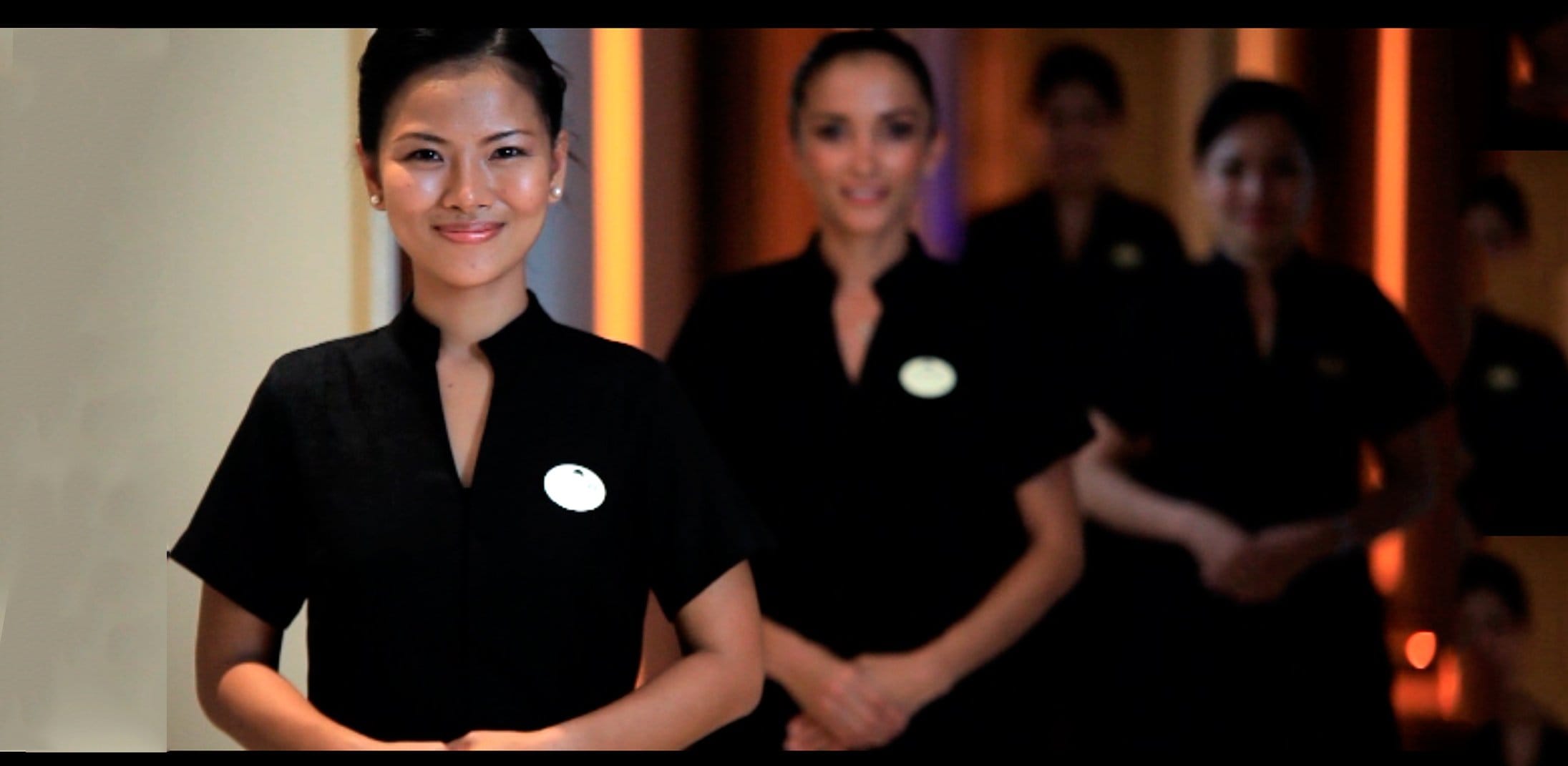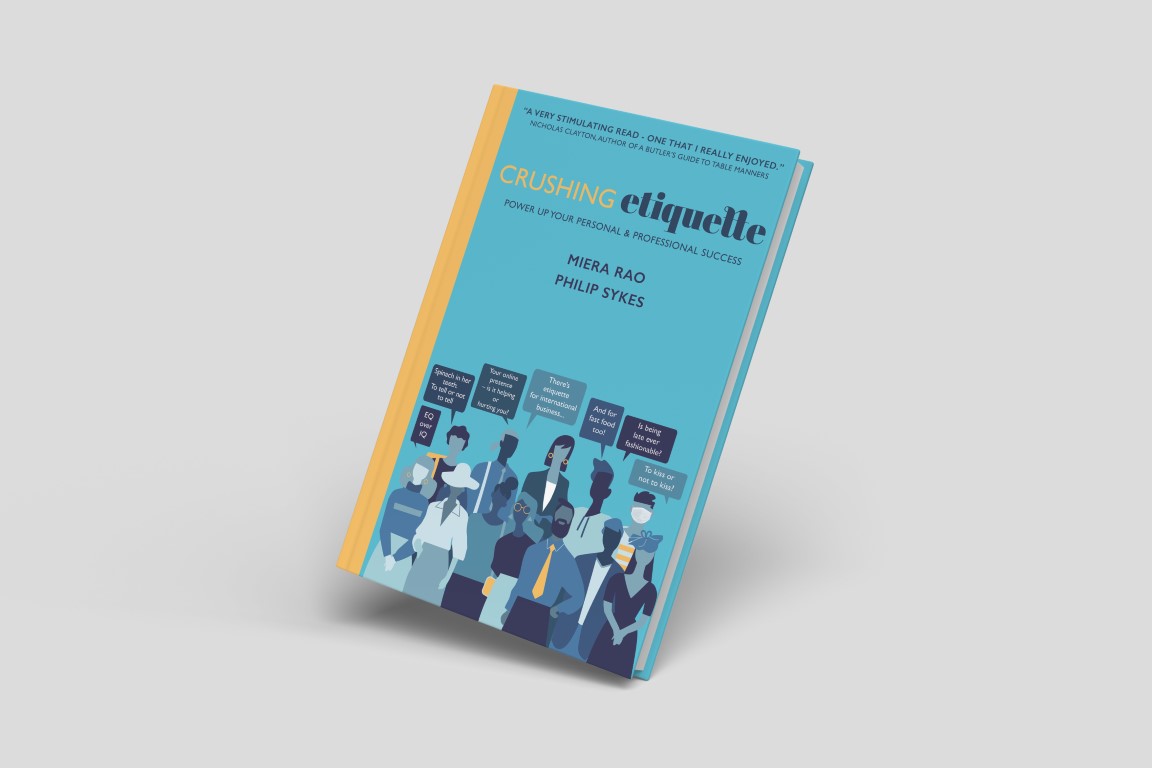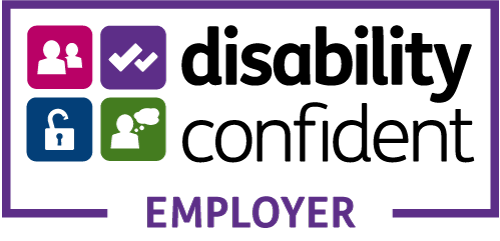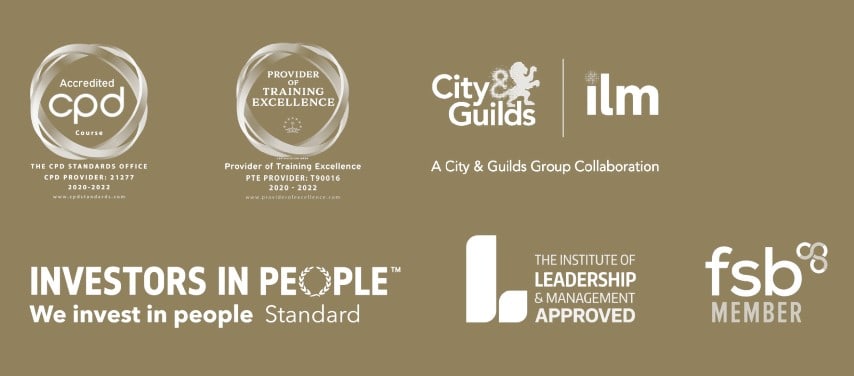When half the workforce holds just one quarter of leadership roles, something crucial is missing.
This stark reality defines the hospitality industry today. Women comprise 51.2% of the global hospitality workforce yet remain dramatically underrepresented in executive positions. The question isn’t whether women’s networks matter – they unquestionably do – but whether they’re sufficient on their own.
We believe they aren’t.
The missing element? Professional etiquette – not as an outdated formality, but as a sophisticated tool for navigating complex professional environments.
The Paradox of Presence Without Power
The hospitality industry presents a curious contradiction. Women form the backbone of the sector worldwide, yet the decision-making echelons remain predominantly male.
This disparity persists despite decades of networking initiatives, mentorship programmes, and diversity commitments. Something fundamental remains unaddressed.
The business case for change couldn’t be clearer. Companies with gender-diverse executive teams are 26% more likely to outperform on profitability. This isn’t merely about fairness – it’s about financial performance.
Yet progress remains frustratingly incremental.
Beyond Basic Networking: The Etiquette Advantage
Conventional wisdom suggests that women simply need more networking opportunities. This perspective, while well-intentioned, overlooks a critical dimension of professional advancement.
Networks provide access. Etiquette provides impact.
Philip Sykes, founder of The British School of Excellence, has observed this dynamic throughout his 35-year career working with global leaders. “Etiquette and good manners are an essential part of easing relationships,” he notes. “They open doors and prevent unnecessary friction in professional interactions.”
This perspective transforms how we understand professional etiquette – not as restrictive formality, but as liberating knowledge that allows one to navigate complex social environments with confidence.
The Invisible Barriers in Hospitality Leadership
The hospitality industry presents unique challenges for women seeking leadership roles. Its hierarchical traditions, customer-facing pressures, and often international context create environments where unwritten rules often determine who advances.
These unwritten rules constitute a form of hidden knowledge. Those who possess it move effortlessly through professional spaces. Those who don’t find themselves mysteriously stalled.
Women’s networks provide valuable support and connections. But without the tools to maximise these relationships, their impact remains limited.
What’s needed is a bridge between connection and advancement.
Etiquette as Strategic Intelligence
Professional etiquette, properly understood, functions as a form of strategic intelligence. It encompasses:
Emotional intelligence – The ability to read rooms, understand unspoken dynamics, and respond appropriately to subtle cues
Cultural fluency – Essential in an industry where international interactions are commonplace
Executive presence – The ability to command attention and respect in high-stakes environments
Conflict navigation – Managing disagreements without burning bridges
These skills prove particularly valuable for women navigating leadership pathways. They provide tools for overcoming unconscious bias, managing difficult conversations, and projecting authority without triggering stereotypical reactions.
In essence, etiquette provides the operating manual for environments where the rules often remain unspoken.
The Research Reality
Boston University’s Leora Halpern Lanz emphasises that supportive relationships for women in hospitality “must include spaces of encouragement, mentorship, and advocacy.” This insight highlights how intentional networks built on trust and shared purpose can powerfully shape women’s careers.
But what transforms a connection into meaningful advocacy?
Often, it’s the confidence that comes from knowing one can navigate any professional situation with grace. This confidence doesn’t simply affect how others perceive you – it fundamentally changes how you perceive yourself.
When women enter networking events armed with professional etiquette training, they don’t just make connections. They make impressions.
From Theory to Practice: The Etiquette-Leadership Connection
The connection between etiquette training and leadership advancement isn’t merely theoretical. We can observe it in practice.
Consider the career trajectory of Amy Latimer, now executive vice president and chief operating officer at Delaware North. Starting with the company in 1995, she rose through progressive leadership roles to oversee operations at more than 200 high-profile locations worldwide.
What distinguished her path? Beyond undeniable talent and determination, leaders like Latimer often demonstrate exceptional social intelligence – the ability to read environments, adapt to different contexts, and build relationships across diverse groups.
These are precisely the skills that comprehensive etiquette training develops.
Creating Integrated Development Pathways
The most effective approach combines networking opportunities with professional etiquette training. This integration creates a powerful development pathway.
Networks provide access to opportunities. Etiquette provides the tools to maximise those opportunities.
Organisations like Women in Hospitality and Tourism International (WIHTL) and the Castell Project offer specialized mentorship programmes designed to support aspiring female leaders. These initiatives provide valuable connections – but their impact multiplies when combined with training in professional presence and social navigation.
The British School of Excellence, founded by Philip Sykes, represents one approach to this training. As the only etiquette training provider globally certified by four internationally recognised organisations, it offers programmes specifically designed to develop the social intelligence that leadership roles demand.
Beyond Formality: Etiquette as Liberation
A common misconception equates etiquette with rigid formality – an outdated set of restrictions that limit authentic expression.
Nothing could be further from the truth.
True etiquette training liberates by providing clarity. It removes the anxiety of not knowing how to navigate complex social situations. It replaces uncertainty with confidence.
For women in hospitality leadership paths, this confidence proves transformative. It allows them to focus on substantive contributions rather than second-guessing social dynamics.
As Sykes notes, “At the very heart of our philosophy is an absolute conviction that everyone – regardless of their nationality, age, profession or education – has the potential to develop into the best versions of themselves through world-class training and coaching.”
The Way Forward: Integrated Development
The path to increasing women’s representation in hospitality leadership requires a multifaceted approach. Networks remain essential – but they function best when complemented by professional etiquette training.
This integrated approach addresses both access and impact. It connects women with opportunities while ensuring they possess the tools to maximise those opportunities.
The hospitality industry stands at a crossroads. With women comprising over half the workforce but only a quarter of leadership positions, the potential for transformation remains enormous.
By recognizing etiquette as a strategic skill rather than mere formality, we open new pathways for advancement. We transform networking from connection to impact.
And in doing so, we move closer to a hospitality industry where leadership better reflects the diversity of its workforce – not simply because it’s right, but because it delivers demonstrably better results.
The door stands open. The question is whether we have the wisdom to walk through it.

